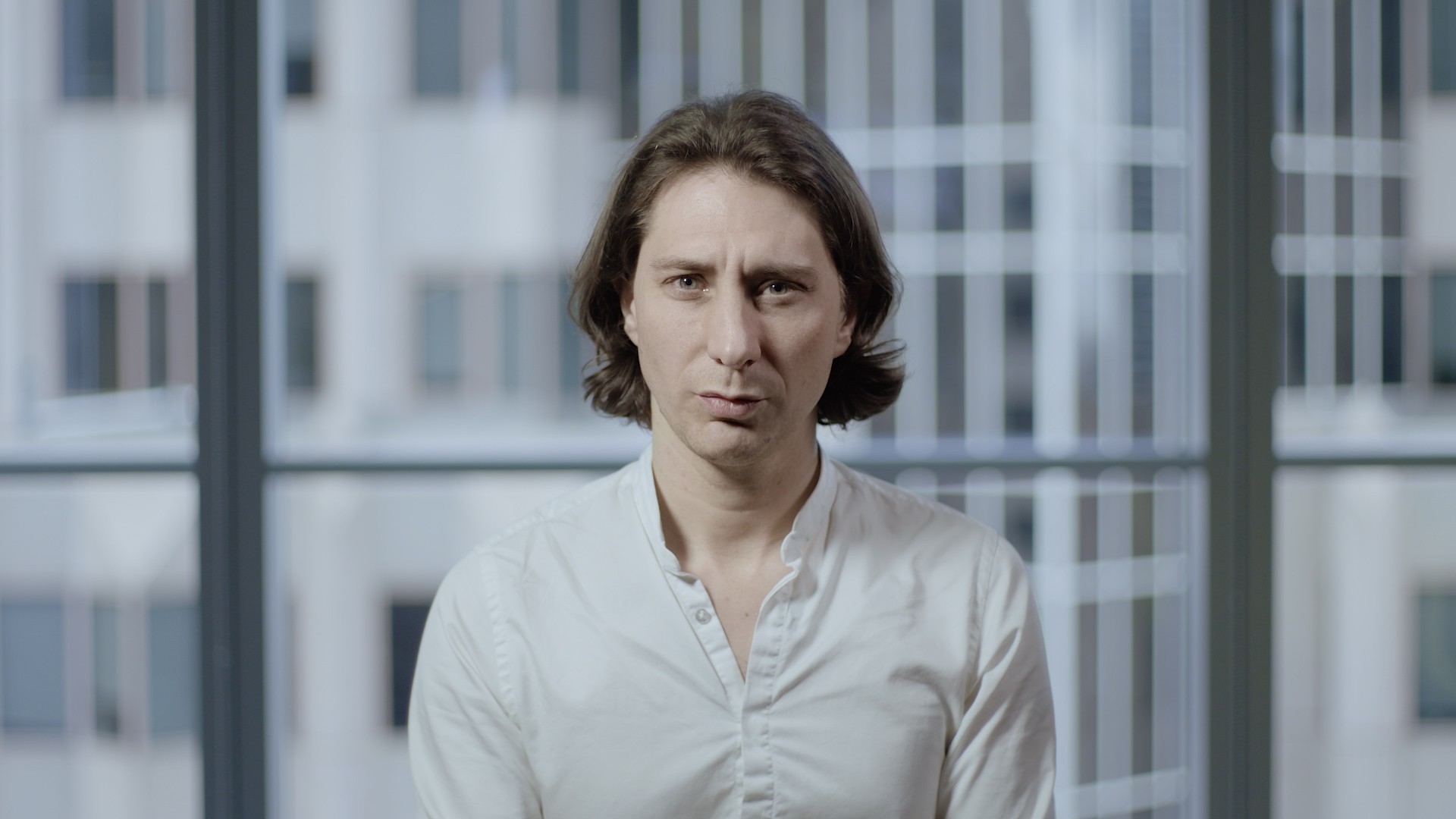Want the best of VICE News in your inbox? Sign up here.An Islamophobic politician in Denmark has been lining his pockets with donations he's received while burning Qurans on YouTube.Ahead of Wednesday’s general election, Rasmus Paludan — a lawyer who leads the far-right Stram Kurs (or “Hard Line”) party — has made more than $1,500 using YouTube’s “Super Chat” function, an analysis by social media intelligence agency Storyful found. People have used the platform to donate to Paludan on at least seven YouTube live streams showing him or his supporters burning Qurans.“You have become all the Danes’ new hope for a better Denmark,” wrote one person who donated 100 Danish krone — or $15 — to promote their comment. “THANK YOU for your great courage.”The “Super Chat” function, which YouTube rolled out in 2017, enables live-stream viewers to promote their comments for a donation over $5. The more someone donates, the longer the comment remains promoted.Stram Kurs’ YouTube channel has more than 41,000 followers, and some of Paludan’s videos of burning Qurans have gathered over 200,000 views. When Storyful analyzed Paludan’s videos, streamed between April 21 and June 1, the organization found that many of the promoted and non-promoted comments were Islamophobic and anti-Semitic.For example, during the June 1 live stream, one person paid 50 Danish krone, or $7.55, to promote their comment — “No Muslims in our street, they steal, rape and make trouble” — according to Storyful.On May 2, someone paid 50 Danish krone ($7.55) to promote their question about what Paludan’s thoughts were about how the “Jewish community have infiltrated the media.”YouTube has also benefited financially from the promoted comments on Paludan’s videos: The company receives a 30% cut from the total amount made via Super Chat on a video.YouTube didn’t respond to a request for comment, but its Super Chat policy states that comments have to abide by their community policies on hate speech. YouTube also says it’ll donate its cut to charity if a promoted comment is removed for violating its policies. But not all live streams will necessarily be moderated. The policy also doesn’t address what happens to a broadcaster's portion of the earnings.Paludan founded Stram Kurs — which advocates banning Islam — in 2017, and for the first year or two, the party failed to win any seats in local elections. But Paludan began to get some notoriety through his YouTube channel, which showed him railing against Islam or going into immigrant communities to confront residents.He finally attracted the attention of the Danish and international media in April when one of his planned anti-Muslim rallies devolved into fiery riots across Copenhagen, after he threw a Quran on the ground. Protesters clashed with police and set 70 fires in the city.Denmark has a multiparty political system: Currently, nine parties are represented in parliament, and three new parties, including Stram Kurs, qualified to run in this general election for the first time, by gathering the required 20,000 signatures.By May, Stram Kurs had gained up to 2.3 percent support in the polls, which surpassed the 2% necessary to win seats in Parliament. As Paludan’s party climbed in the polls, activists resurfaced damaging video footage of him making hateful comments like “The best thing that could happen would be not to have a single Muslim left on our dear Earth.”Paludan’s recent fundraising on YouTube isn’t the first time that far-right extremists have used the platform’s Super Chat function to generate revenue. In March, VICE News reported that Austrian white nationalist Martin Sellner had made more than $611 in just one week — even as authorities investigated his alleged ties to the New Zealand mosque shooter, who killed 51 people only weeks earlier.YouTube is in the middle of a widening PR scandal. On Tuesday, the company released a statement siding with a conservative commentator who had made repeated homophobic slurs in videos posted to YouTube that were aimed at a Vox reporter.Earlier this week, researchers at Harvard also discovered that YouTube’s algorithm, which automatically guides viewers into recommended content whenever a video ends, was promoting pornographic content alongside innocuous home videos involving partially clothed children. Cover image: Rasmus Paludan, leader of Danish right wing party Stram Kurs, arrives to cast his vote during the parliamentary elections in Copenhagen, Denmark, Wednesday June 5, 2019. (Henning Bagger/Ritzau via AP)
Cover image: Rasmus Paludan, leader of Danish right wing party Stram Kurs, arrives to cast his vote during the parliamentary elections in Copenhagen, Denmark, Wednesday June 5, 2019. (Henning Bagger/Ritzau via AP)
Advertisement
Advertisement
“Not to have a single Muslim left”
